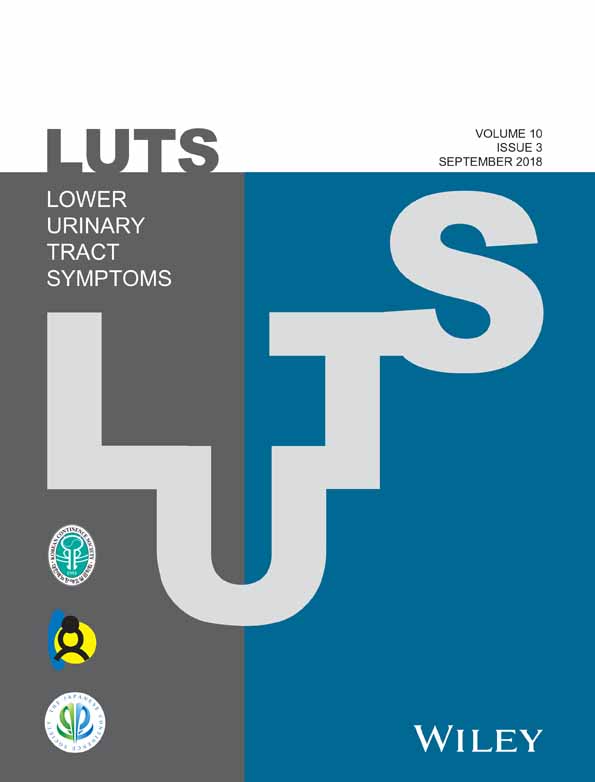Prevalence of Urinary Incontinence During Pregnancy and Associated Risk Factors
Abstract
Objective
To investigate the prevalence of urinary incontinence during pregnancy and associated risk factors.
Methods
The study is a cross-sectional and descriptive study. A questionnaire was conducted with a total of 750 pregnant women about their urinary incontinence complaints between April and December 2013.
Results
The prevalence of urinary incontinence during pregnancy was 300 in 750 (40%). Stress urinary incontinence was the most common type of incontinence during pregnancy. 41.7% of nulliparous women, 38% of primipara women, and 20.3% of multipara women experienced urinary incontinence. Among women reporting UI, 29.3% experienced leakage a few times a day and the amount of leakage was generally (59.7%) moderate. Factors significantly associated with urinary incontinence included age group, gestational age, parity, previous urinary incontinence, constipation, mode of delivery at last childbirth, previous urinary tract infection, body mass index during pregnancy. But on multivariable analysis, the risk factors for urinary incontinence during pregnancy were previous urinary tract infection (OR = 3.8, 95%CI 1.5–9.3), constipation (OR 3.1, 95%CI 1.7–5.6) and gestational age (OR 0.5, 95%CI 0.3–0.9).
Conclusion
As a result of this study, urinary incontinence is a common condition during pregnancy. Results would help the design of more intensive training programs to prevent incontinence during pregnancy by increasing the awareness about urinary incontinence of healthcare staff engaging in the care of pregnant women.




